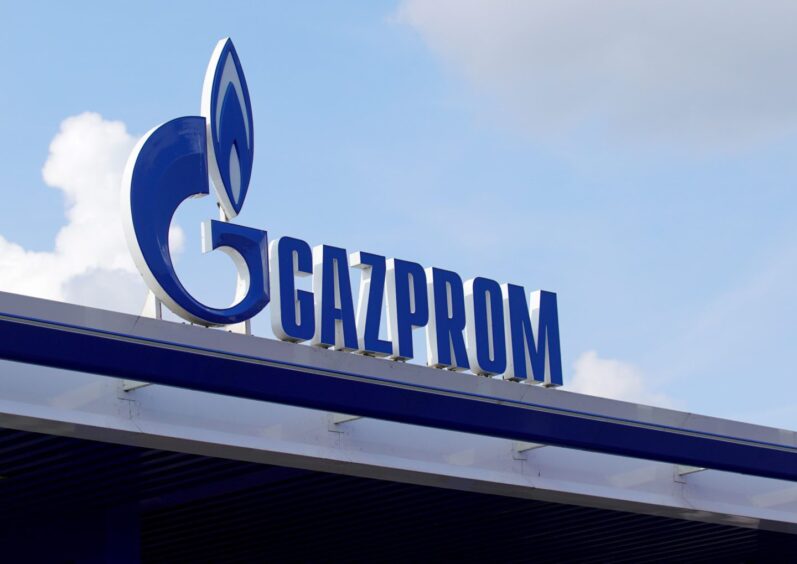
Gazprom has put its UK North Sea business on the market – analysts reckon it will be a tough sell, but there could be a couple of interested parties.
The Russia state-backed oil and gas firm announced earlier this week it was accepting bids on the Gazprombank-e trading facility.
Its UK portfolio, covering its 50% stake in Wintershall Nordzee joint venture and 100% of Gazprom International UK Limited, focuses on its holding in the Sillimanite and Wingate gas projects off the British coast.
Sillimanite has banked the Russian state about £40m annually, despite sanctions due to the invasion of Ukraine.
But who would buy the assets?
Ashley Kelty of investment bank Panmure Gordon says uncertainty will make it difficult, but small players with tax losses may be interested.
“I think these will be quite a tough sell – the UK budget is rumoured to impose even more taxation on the O&G sector, and this will reduce the economics and pool of companies who may even be interested.
“Gazprom is under UK sanctions, and it is possible that a deal could be structured to avoid money flowing back to Russia. However, many companies will not be interested in the hassle and legal complexity, notwithstanding the potential negative PR. The looming election will also be a deterrent, given the anticipated change of regime to the business unfriendly Labour party.
“The only company that may be interested is Harbour, as part of the Wintershall deal. Outside of that, I can’t see many companies who would be interested given the wide range of other assets that are available at present.
“However, a small independent with tax losses may be interested – Serica and Jersey could be potential buyers – but it will all depend on cost and financing.”
Harbour Energy, it should be noted, is not planning to take on Wintershall’s Russian assets as a part of its current takeover plans for Wintershall DEA.
Gazprom UK sale subject to challenges
Another analyst, who did not wish to be named, said any sale would be subject to challenges.
Wingate is expected to cease production in the next couple years, while Sillimanite is expected to close before 2030, therefore any sale would “generate minimal value”.
They added that any buyers “would have trouble finding advisors/ banks” that would handle the acquisition.
“In the UK, Sillimanite exports via the Netherlands and was boosted with the discovery of Sillimanite South in 2020 with the well turned around for production within a year.
“Despite this, the field is small and is expected to cease production before 2030. Similarly, Wingate has minimal remaining life and is likely to cease in the next couple of years.”
Recommended for you

